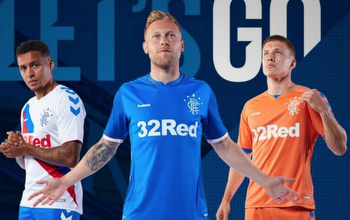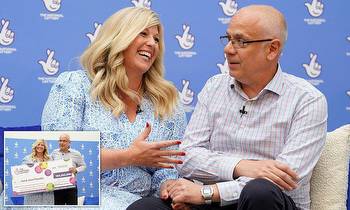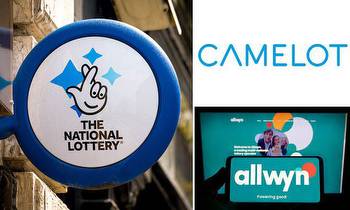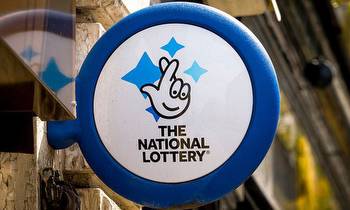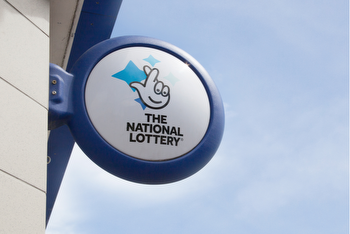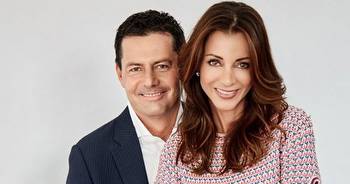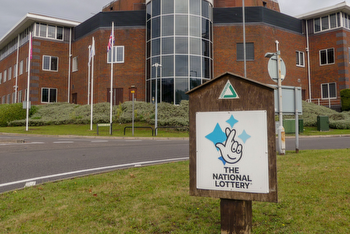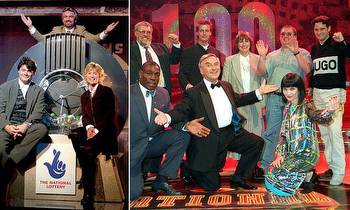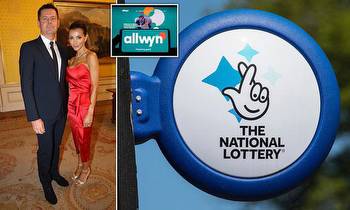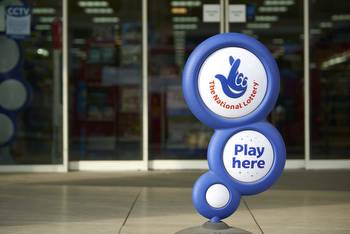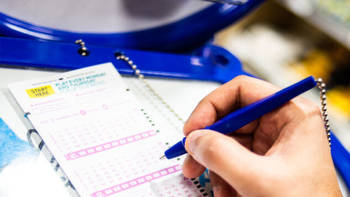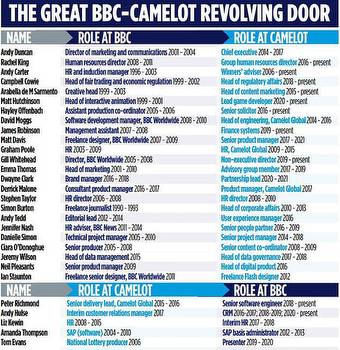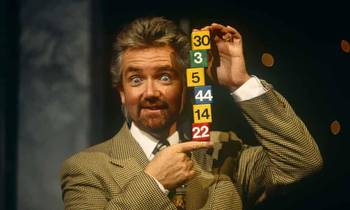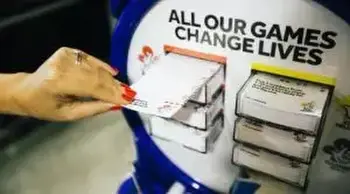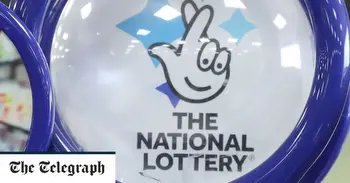Calls to overhaul lottery after good causes get a smaller slice of pie

Since its launch in 1994 with the enticing slogan “It could be you” and glitzy televised live draws, the national lottery has created 6,300 millionaires and given £43bn to good causes.
But MPs and campaigners are calling for its operations to be overhauled after a slump in the proportion of its revenues going to those causes and growing concerns that its scratchcards and online games fuel problem gambling.
Instant games now offered by the lottery operator, such as Red Hot 7s and Mega Cash Showdown, offer prizes of up to £1m and can be played on smartphones, but pay out less to good causes because more cash is given in prizes to help drive sales.
Sir Iain Duncan Smith, vice-chair of the all-party parliamentary group on gambling-related harm, said: “There should be a fixed percentage on the amount that goes to good causes. The operator is beginning to look like any other gambling company.”
Calls for a review of the lottery and a national debate on its future come as rivals bid for a new licence to run it from 2024. A decision on the successful applicant is expected within the next two months.
Lottery operator Camelot gave 28% of its revenues to good causes in the year to 31 March 2010, but its most recent accounts show the proportion given has fallen to less than 23%. The operator says it has still significantly increased the amount paid to good causes because of the rise in revenues over the same period, from £5.5bn a year to £8.4bn a year.
The lottery was launched under prime minister Sir John Major in November 1994. One of his aims was to give more funding to Olympic sport, which, as the single gold medal won by GB’s athletes at the Atlanta Games in 1996 demonstrated, badly needed the money.
The first scratchcards were launched in March 1995. Scratchcards sold in stores and instant online games now account for 44% of the lottery’s total revenues. About 31% of the income from draw-based games goes to good causes, compared with about 9% from scratchcards and 12% from instant-win games.
There are concerns that scratchcards and online instant-win games are more likely to be associated with problem gambling than the traditional weekly draw.
Heather Wardle, an expert on gambling research at Glasgow University, said there was a significant association between scratchcards and problem gambling. She said: “Engagement in traditional lotteries does decline over time and companies rely on products like scratchcards and they are more risky.”
Charles Ritchie, who lost his son Jack to gambling-related suicide and is co-founder of the charity Gambling With Lives, said: “Online games are very different from the weekly lottery draw. These are instant-win games and can be played fast. Often they’re no different to online casino games and slots that are incredibly addictive and harmful to mental health.”
The companies hoping to oust Camelot include the Czech lottery operator Sazka, which operates lotteries across Europe, through a special-purpose vehicle called Allwyn. It is headed in the UK by Sir Keith Mills, who helped win the 2012 Olympic bid for London. The other bidders are the Italian operator Sisal, which is being taken over by Flutter, the gambling giant that operates Paddy Power and Betfair, and media tycoon Richard Desmond, who owns the Health Lottery.
The bid is being conducted in strict secrecy and bidders have been told publicity material must first be vetted by officials at the Gambling Commission, the betting regulator that is overseeing the process.
Matt Zarb-Cousin, director of the campaign group Clean Up Gambling, said: “We should be having a national conversation about the future of the lottery, but instead the Gambling Commission is running the process for the licence as if it’s a military contract.”
The government announced in December 2020 its decision to raise the age for playing the national lottery from 16 to 18, including scratchcards. The Gambling Commission says there are controls in lottery games to prevent excessive play and approved rules and procedures for each game.
The Gambling Commission said this weekend the lower rate of return from instant games was because the higher prize payouts were “necessary to drive the optimal level of sales of these products”. The commission said the confidentiality arrangements around the bidding process protected the “integrity of the competition”.
Camelot said: “Focusing solely on the amount generated for good causes in percentage terms paints a deliberately misleading and damaging picture of the health of the national lottery. By making the national lottery more attractive and generous to players, we’re delivering record sales, prize money and payments in lottery duty to the Treasury. Annual returns to good causes are now over £500m higher than they were at the start of this licence, even though the percentage rate of return is lower.”
The lottery operator says its products are very different from those offered in the mainstream gambling sector and data showed the risk of problem play associated with lottery products was very low. It said: “We abide by rigorous controls, with numerous checks and balances in place to ensure that lottery games are safe and enjoyable for players.”








